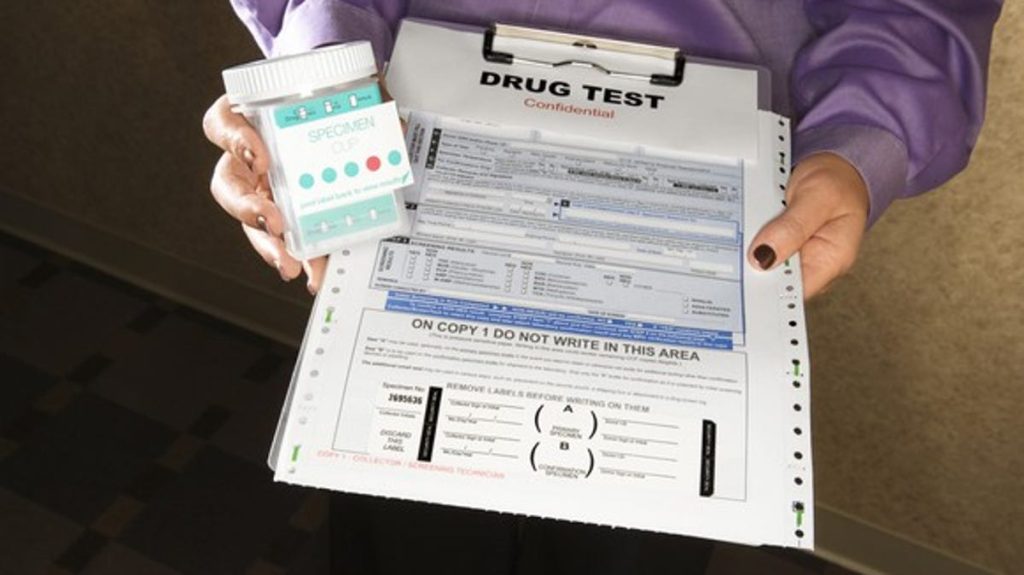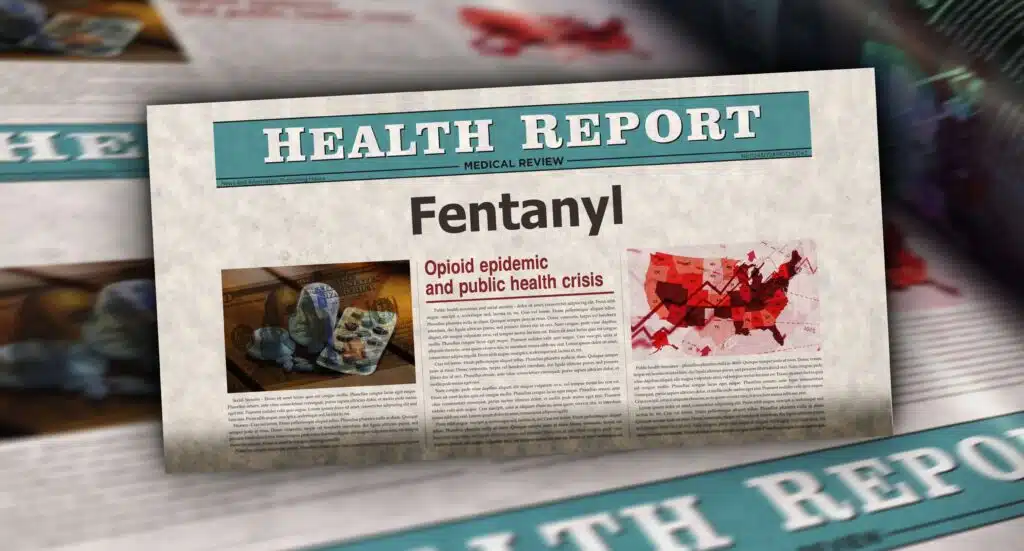What Is Fentanyl?
Fentanyl is a powerful synthetic opioid analgesic, approved by the Food and Drug Administration for use as an analgesic (pain relief) and anesthetic. It is approximately 100 times more potent than morphine and 50 times more potent than heroin as an analgesic. While fentanyl has legitimate medical applications, its illicit production and distribution have led to a significant public health crisis.

Medical Use of Fentanyl
In medical settings, fentanyl is prescribed to manage severe pain, such as that experienced after surgery or by patients with advanced cancer. It is administered under strict medical supervision due to its potency and potential for dependence. Prescription fentanyl is available in various forms, including transdermal patches, lozenges, and injectable formulations.
Illicit Fentanyl and Its Dangers
Beyond its medical uses, fentanyl is illicitly manufactured and sold, often mixed with other drugs like heroin, cocaine, methamphetamine, and counterfeit pills. This practice increases the risk of overdose, as users may be unaware of fentanyl’s presence in these substances. Just 2 milligrams of fentanyl, equivalent to 10 to 15 grains of table salt, is considered a lethal dose.
Recent Incidents Highlighting the Fentanyl Crisis
Several recent events underscore the severity of the fentanyl epidemic:
- Daycare Tragedy in New York: In September 2023, a daycare owner in the Bronx was sentenced to 45 years in prison after a 22-month-old child died from fentanyl exposure at her facility, which was being used as a narcotics stash house.
- International Efforts to Control Fentanyl: China released a white paper detailing its efforts to control fentanyl-related substances, emphasizing cooperation with countries like the U.S. to combat trafficking.
- U.S. Policy Responses: In response to the ongoing crisis, the U.S. government has implemented measures such as increased tariffs on imports from countries perceived as not doing enough to curb fentanyl trafficking. New York Post

Addressing the Crisis
Combating the fentanyl epidemic requires a multifaceted approach:
- Law Enforcement: Strengthening efforts to disrupt the production and distribution of illicit fentanyl.
- Public Awareness: Educating communities about the dangers of fentanyl and the prevalence of its presence in various illicit drugs.
- Treatment and Support: Expanding access to addiction treatment services and support systems for individuals affected by opioid use disorder.dea.gov
At Lifescape Recovery, we are committed to providing comprehensive care and support to those impacted by substance use disorders. If you or a loved one is struggling, please reach out to us for assistance.


Fentanyl is a highly potent synthetic opioid, 100 times stronger than morphine, and is used medically for severe pain management. However, its illicit production and distribution have fueled a deadly opioid crisis, with fentanyl contributing to a majority of overdose deaths in the U.S.
At Lifescape Recovery, we provide comprehensive addiction treatment for individuals affected by fentanyl and other opioids. If you or a loved one is struggling, reach out for help today.
Published: February 27, 2025
Last Updated: March 05, 2025

Published: February 20, 2026
IOP Program for Depression
Summary: Depression is one of the most common mental health conditions in the United States, affecting an estimated 21 million adults each year. It causes persistent changes in mood, energy, motivation, sleep, and concentration that interfere with daily functioning, work, and relationships. IOP program for depression provides structured, evidence-based treatment — including individual therapy, group […]
Read more
Published: February 05, 2026
Intensive Outpatient Program for Anxiety
Summary: Anxiety disorders are the most common mental health conditions in the United States, affecting an estimated 40 million adults each year according to the National Institute of Mental Health. While temporary anxiety is a normal response to stress, anxiety disorders involve persistent, excessive worry and fear that interfere with daily functioning, relationships, and quality […]
Read more
Published: January 26, 2026
OCD vs. Autism: Understanding the Differences
Obsessive-compulsive disorder (OCD) and autism spectrum disorder (ASD) are often confused with one another. Both can involve repetitive behaviors, rigid routines, sensory sensitivities, and distress when things feel “off.” From the outside, the overlap can look striking. But in clinical treatment, the why behind those behaviors matters just as much as the behaviors themselves. At […]
Read more
